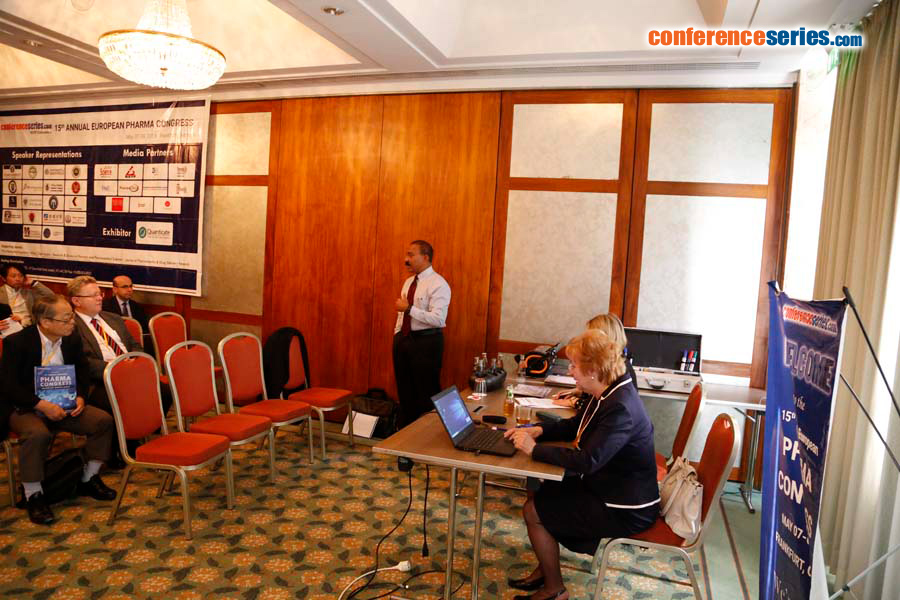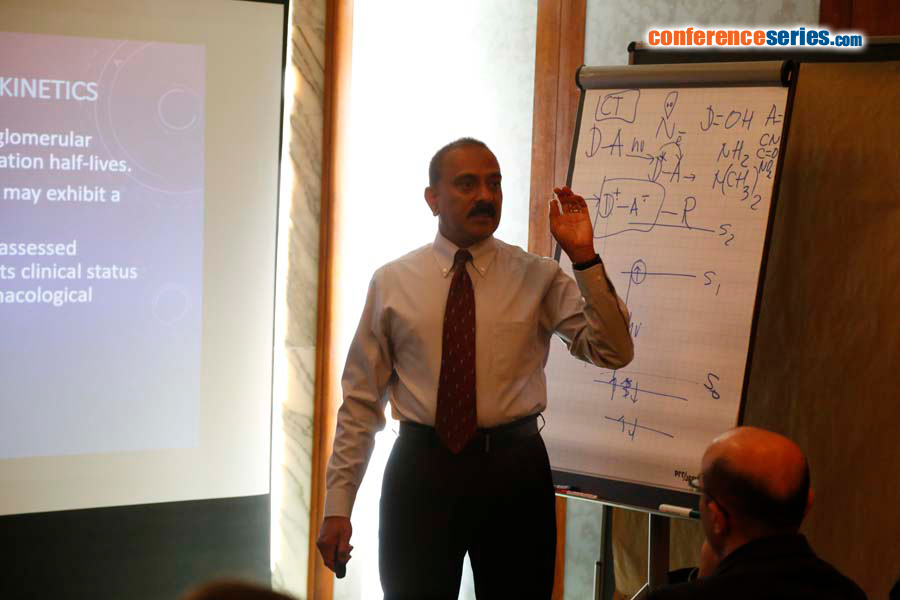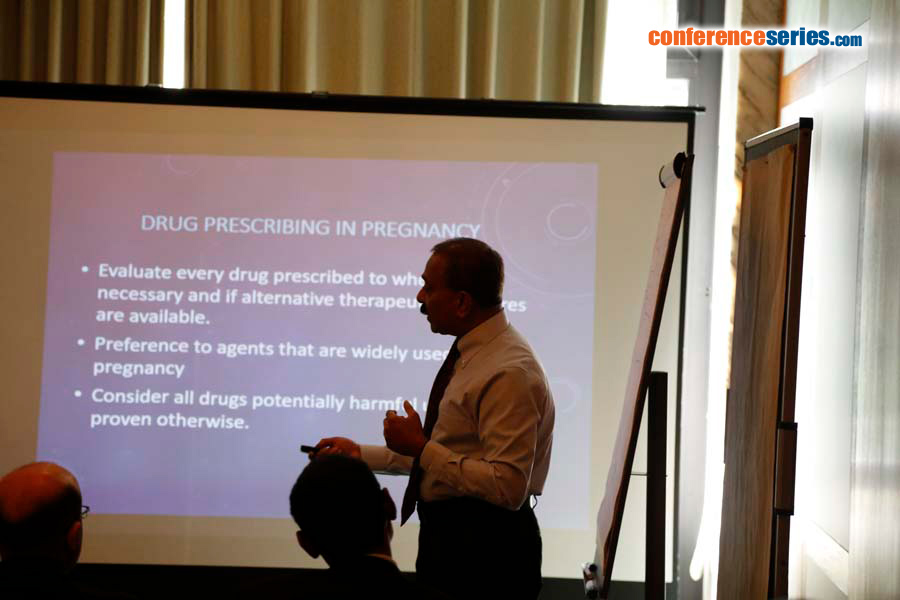
Bimal Roy Krishna
Touro University, USA
Title: Maternal pharmacology-current therapeutic approaches in pregnancy
Biography
Biography: Bimal Roy Krishna
Abstract
During pregnancy and the post-partum period, significant physiological changes occur to meet the demands of the fetus. These changes typically peak in the second trimester. Maternal plasma volume, cardiac output and glomerular filtration increase up to 50%. Increasing body fat increases the volume of distribution of highly lipid soluble drugs. Nausea, vomiting and delayed gastric emptying may impact drug absorption. The placenta plays a significant role in nourishing and maintaining fetal integrity along with the amniotic fluid. The placenta is fundamentally the exchange organ for nutrients and gaseous substances and drugs. Essentially drugs with low molecular weight and high lipid solubility will traverse the placenta. Hence, placental insult will have significant impact on the fetus. Pre-conception planning is essential, particularly in high risk patients. During pregnancy, nausea, vomiting, constipation and gastroesophageal reflux disease (GERD) are likely to occur and can be treated with therapeutic and non-therapeutic approaches. Thereafter, pregnancy-influenced issues, acute-care issues and chronic illnesses require immediate therapeutic intervention. Pre-eclampsia, seizures, HIV, STDs can certainly pose serious adverse consequences for the fetus. Drugs of abuse are a concern as they rapidly traverse the placenta and are responsible for IUGR, fetal death in utero, carcinogenic effects and placental abruption. This presentation addresses the current therapeutic trends in pregnancy and contraindicated drugs. It also covers optimizing medication use in pregnancy and effects of drug abuse.




